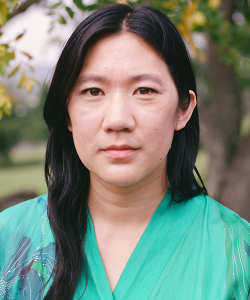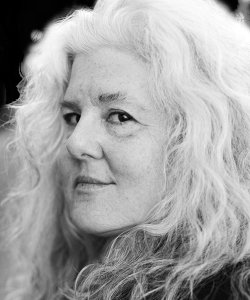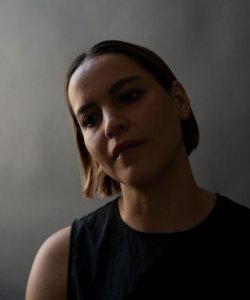Do Your Research: Using the Tools of Journalism to Write More Vivid Fiction

When you venture to inhabit identities and communities beyond your experience, seek people and places to ground your work. A journalist and novelist explains how research skills help fortify one’s imagined realities.













